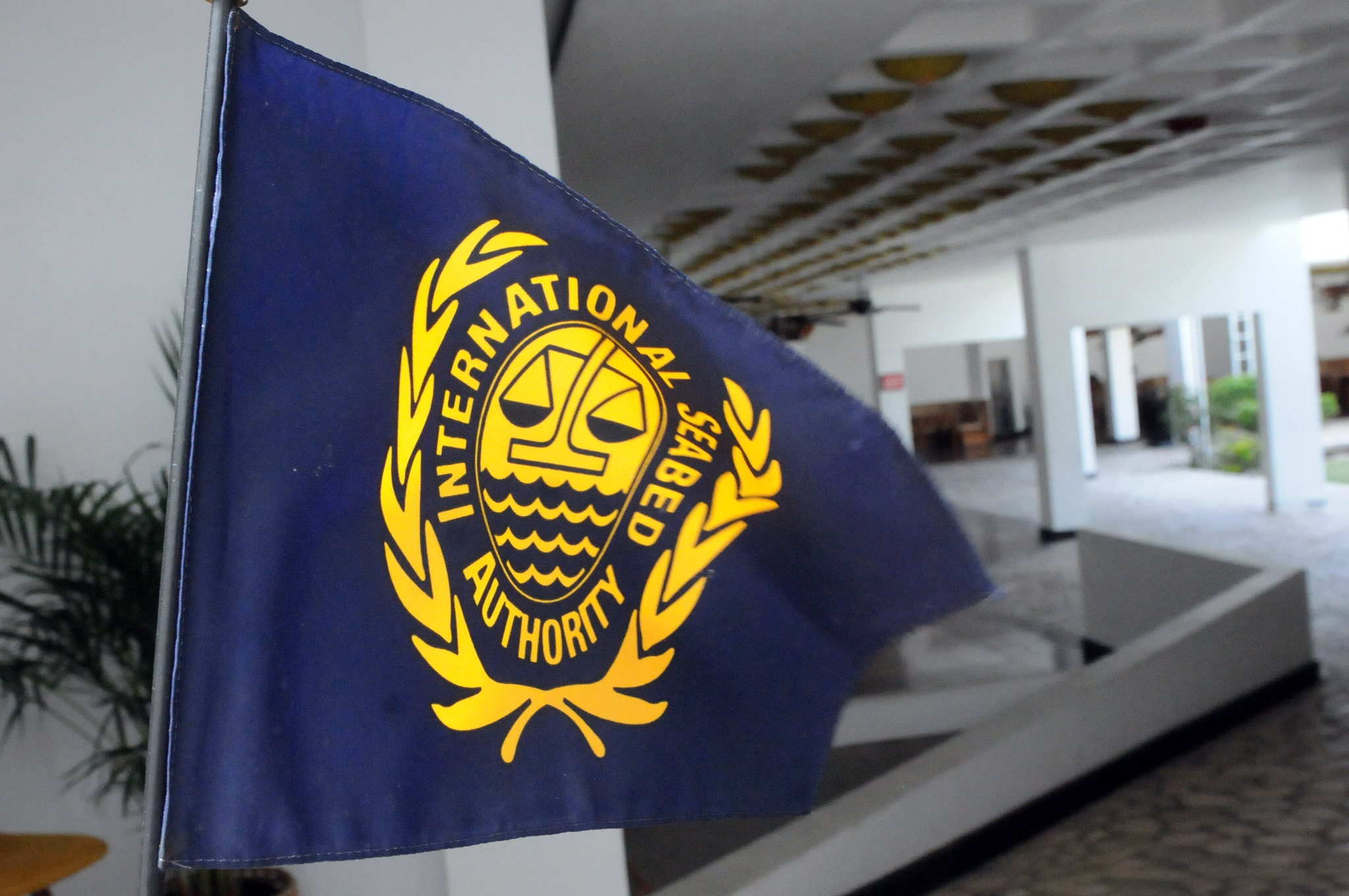The head of the International Seabed Authority (ISA) has responded to US President Donald Trump’s order establishing a framework for American companies to identify and commercially extract offshore critical minerals and resources in both National and International waters.
Photo: Jeremy Bishop / Pexels
ISA head, Leticia Carvalho, said in a statement referencing the Order:
“The issuance of an Executive Order by the Government of the United States regarding deep-seabed mineral resources raises specific concerns because while the Order primarily addresses domestic political and policy matters, its reference to applicability in areas beyond national jurisdiction becomes a matter of the rule of law within the global ocean governance framework known as UNCLOS (the UN Convention on the Law of the Sea); concerns made more severe by the fact that the recent permit request is for mining in the deep sea outside of the jurisdiction of the United States.
Its issuance is also surprising because for over 30 years the US has been a reliable observer and significant contributor to the negotiations of the International Seabed Authority, actively providing technical expertise to each stage of the development of the ISA regulatory framework.”
Trump’s move to allow exploration outside US national waters has met with strong condemnation from China, which said it “violates” international law, by bypassing the long-running round of UN negotiations. Many countries, including China, have delayed issuing permits until countries agreed a framework for how resources could be shared.
Leticia Carvalho continued in her statement, directly addressing the fact that the US is not a signatory to UNCLOS:
“Even for those states which are not parties, it has reinforced navigational rights critical to naval and commercial operations, and it provides a legal foundation for claims to vast undersea resources in their exclusive economic zones, boosting energy security and potential economic development.
The United Nations Convention on the Law of the Sea, which serves as the legitimate multilateral framework for governing our Oceans and reflects general principles of international law and customary international law proclaims the Area and its resources as the Common Heritage of Humankind. A direct corollary of this legal status is that no State may claim, acquire, or exercise sovereignty or sovereign rights over any part of the Area or its mineral resources. This includes a prohibition on appropriation and alienation by any State, or by any natural or juridical person.
The Convention and the 1994 Agreement further establishes the International Seabed Authority, clearly mandating that all activities related to mineral resources in the Area must be conducted under the Authority’s oversight to ensure sustainable use, equitable benefit-sharing, and environmental protection. …. no State has the right to unilaterally exploit the mineral resources of the Area outside the legal framework established by UNCLOS. It is common understanding that this prohibition is binding on all States, including those that have not ratified UNCLOS.
…Also….any unilateral action not only threatens this carefully negotiated treaty, and decades of successful implementation and international cooperation, but also sets a dangerous precedent that could destabilize the entire system of global ocean governance.
At a time when the global community is working collectively to develop a robust regulatory framework, any unilateral action risks undermining the fundamental principles that have guided deep-sea governance for decades.”

